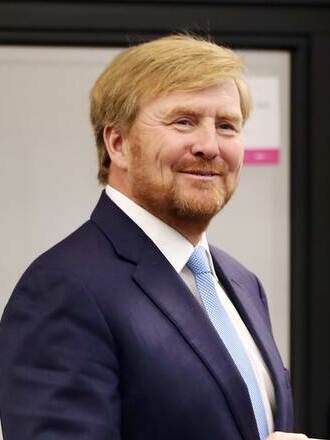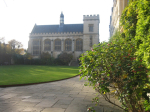
In a significant move, King Willem-Alexander of the Netherlands has issued an apology for his country's involvement in the slave trade. Delivering a speech on Saturday at the Oosterpark in
Amsterdam to commemorate the 150th anniversary of the abolition of slavery, the monarch expressed remorse for the actions of the Netherlands. This apology follows a similar one made by Prime Minister Mark Rutte in late 2022 and has intensified the pressure on Britain's King Charles III to follow suit and make a comparable gesture on behalf of the nation.
July 1 holds great significance as it marks the day when the Netherlands officially abolished slavery in 1863. Known as Keti Koti, or Emancipation Day, it is a time to reflect on the history and consequences of slavery. Addressing a crowd of invited guests and onlookers, King Willem-Alexander spoke as both the King and a member of the government, personally expressing his apology. His words carried the weight of the nation as he acknowledged the profound impact of this historical crime against humanity.
The king also announced that he has commissioned a study to examine the role of the royal House of Orange-Nassau in the Dutch slave trade. His emotional speech, broadcast live on television, culminated with him laying a wreath at the national slavery monument in an Amsterdam park. Observers noted the sincerity in his voice, and some were moved to tears, recognizing the historical significance of this momentous apology.
The commemorative event in Amsterdam saw thousands of descendants of slaves from Suriname and the Caribbean islands of Aruba, Bonaire, and Curacao coming together to celebrate "Keti Koti," which symbolizes the breaking of chains. King Willem-Alexander was accompanied by Queen Maxima, who looked elegant in a deep blue dress and matching stiletto heels.
King Charles III of Britain is now facing mounting pressure to make a similar apology for the British monarchy's involvement in the slave trade. BBC journalist Laura Trevelyan has called for Charles to acknowledge the royal family's past connections to slavery. The Dutch king's apology has raised expectations for other European monarchies to confront their colonial histories, particularly those with ties to former empires.
Research published recently revealed that the Dutch king's ancestors profited from slavery, with estimated earnings of 545 million euros (£468 million) in today's currency. The disclosure has prompted discussions about the need for transparency and acknowledgment of historical injustices.
While Prince Charles and Prince William have expressed sorrow for the atrocities of slavery, the British monarchy's direct ties to the slave trade have not been formally recognized. However, Charles signaled support for research into the monarchy's connections to slavery during a ceremony marking Barbados' transition to a republic. The apology made by King Willem-Alexander of the Netherlands may well influence the responses of other European royal families as they navigate their own historical legacies and reckon with the ongoing impact of the slave trade. Photo by Ministerie van Defensie, Wikimedia commons.








































